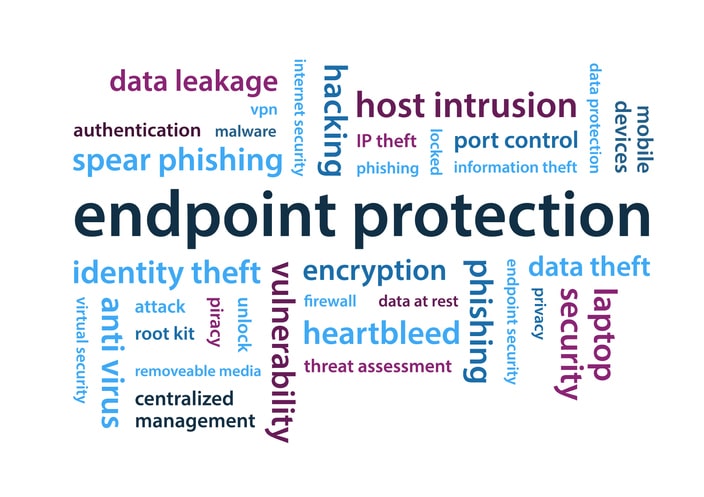-
Connect With Your Ottawa IT Service Company at (613) 828-1384
Connect With Your Ottawa IT Service Company at (613) 828-1384
The business community cannot escape the fact that the pandemic necessitated employees to work from home and remote workforces are here to stay. Although cyberattacks increased and undertrained employees became prized hacker targets, industry leaders must find a way to educate them or suffer the consequences. Recent news reports highlight work-from-home growth and the urgency of enhanced security that comes with it.
According to a report published by Investment Executive, 73 percent of people polled expect to remain offsite after the pandemic subsides. More than 60 percent of those surveyed anticipate that business travel will be replaced by live-stream video conferencing.
“This provides further evidence that working from home is more feasible for workers employed in professional or managerial occupations, which typically require higher levels of education,” a Statistics Canada survey reportedly stated.
This seismic shift in the way organizations conduct business will continue to attract cybercriminals. The reason is not that Cloud-based networks come with increased vulnerabilities. Rather, the people using endpoint devices lack the ongoing cybersecurity awareness and training to adequately defend against breaches.
If your organization enjoys the wide-reaching benefits of Cloud-based remote workforce connectivity, you may be one malicious email or mouse-click away from disaster. These are critical things your remote workers need to know if they are to protect your digital assets.

Industry leaders would be wise to consider that digital thieves work tirelessly to penetrate business systems. Before wireless innovation revolutionized business practices, hackers searched for back doors and security gaps.
These days, their primary target remains your hard-working employees. Online thieves understand that remote workers are more prone to use personal devices and residential-grade routers. That’s why cybersecurity experts strongly advise decision-makers to improve infrastructure and educate workers about its importance. These include the following.
Making your valued employees acutely aware that these security measures are critical will go a long way to prevent a breach. Workers must continue to utilize only approved endpoint devices, routers, and transmit data safely. When team members are unaware of the risks of unsecured devices, they are more prone to expose your digital assets.
At no fault of their own, valued team members can be an organization’s greatest weakness. Cybercriminals relentlessly troll the internet searching for undertrained employees who can be scammed into downloading an infected file or clicking on a malicious link. Once this innocent misstep occurs, hackers enter the endpoint device and use it as a bridge to your business network.
Determined cybersecurity requires industry leaders to implement and ongoing policy that educates team members. By distributing information about how hackers target them, methods used, and ways to detect and deter hacker scams, you can turn your weakest link into a hardened frontline defence.
It may be prudent to contact a third party managed IT cybersecurity expert and begin the process of cybersecurity training and awareness. Remote workforce security experts typically provide training that emphasizes secure login practices and explains why only authorized endpoint device use is acceptable. Video conferencing platforms can be used to update key stakeholders about emerging threats.
Canadian business leaders face a substantial live-work culture shift, and remote workforces are only going to increase. It’s in your best interest to enlist a cybersecurity consultant now and protect your assets.